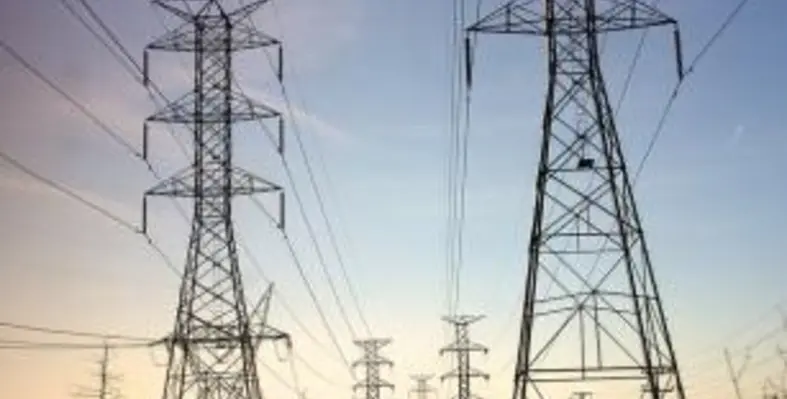The East Africa Community (EAC) hopes to have a power surplus of 400MW by 2018 if all projects in the pipeline are implemented
Jesca Eriyo, EAC deputy secretary general, told local media in Nairobi that the surplus will be achieved assuming the annual growth in demand for the resource remains the same, and the community is aiming for a power surplus which will avoid persistent blackouts in these countries.
According to the EAC, Kenya will have an installed electricity generation capacity of 7,000MW by 2018, while Uganda and Tanzania will each have 4,000MW. Rwanda’s electricity production is expected to hit 1,000MW while Burundi should have 500MW.
"The member states should grow by over five per cent annually which means energy demand will expand by at least seven per cent every year," added Eriyo.
By increasing power capacity, the EAC bloc can achieve increased demand for electricity, facilitate trading between member states, and encourage the private sector to invest in power too, according to Peter Kinuthia, senior energy officer of the EAC.
The member states have also reportedly agreed to develop National Renewable Energy Master plans by the end of December 2015.
According to Joseph Njoroge, prinicipal energy secretary of Kenya, only 30 per cent of the nation has access to electricity. The government plans to connect at least 500,000 homes to a stable electricity supply every year, he added.
The EAC comprises Kenya, Uganda, Tanzania, Rwanda and Burundi.












